|
Advertisement
|
Planetenspiel
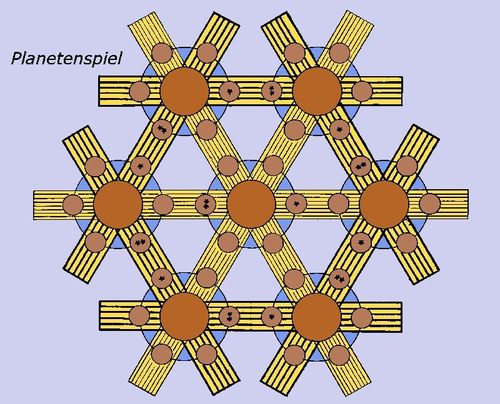
Description"Planetenspiel" or "Planets Game" In a galaxy far far away, 7 suns are orbited by 2 planets each. These planets are home to the Plonx and the Quirx, who both feel they are the better tribe. The more common galactic option to prove superiority, open warfare, has been abandoned. Instead both tribes go head to head in an annual contest, using their ability to manipulate the speed with which their tribe's planets turn around the suns. The tribe that is most skillful at manipulating the planets in such a way that it manages to establish contact between tribe-members on neighboring planets most often, wins the tournament and gains the brag rights for that year.This is a highly abstract space game for 2 players that is a slight step away for a designer that is better known as a safe pair of hands for decent children's and family games. Manfred Ludwig shows here he can be equally at home with challenging the more abstract gamer as within its simplicity lies an engaging little dice less strategy game that isn't spectacular, but works surprisingly well. The board shows a large sun on each corner of a hexagonal, and a seventh sun right in the middle of it. Another 3 lines are drawn that divide the hexagonal in 6 equal pizza slices. Then 6 planets are placed at equal distance in circular orbits around each sun, in such a way that the planets closest to a foreign sun are directly facing a planet of that sun. These are the possible meeting points. Each player get 5 contact chips and places one tribe planet around each sun on the prescribed starting places. Then, in turn, each player moves one own planet. When a player ends a move by making "contact" with another planet of the own tribe, that player claims one contact-chip of the opponent. The first player to own all chips wins the tournament. Movement follows a strict pattern. Each player can only move one (own) planet each turn. The first player moves a planet exactly one space clockwise, the other player gets to move two spaces. Then moves of three, four and five spaces follow, and when a player has moved five spaces, the whole sequence gets repeated, starting with one. Planets can overtake each other, but moves that would result in planets landing on each other are blocked and force a player to move one of the other planets instead. In the rare cases that a player cannot move any own planets, the opponent gets to move instead. Publishing history: this abstract game appeared in the German game magazine Pöppel-Revue (1987/2 April-MAY) as that edition's "Das Spiel im Heft". A pull-out board and rules were provided, players still needed to supply their own pieces (2x7 pawns and 10 contact-chips). Game DiscussionsAdd CommentYou need to be logged in to comment. Insert Bullet List Please enter at least one item. Item: Item: Item: Item: Item: Insert Numeric List Please enter at least one item. Item: Item: Item: Item: Item: Insert Link Please enter the link of the website Optionally you can add display text Insert Email Please enter the email address Optionally add any display text Insert Image Please enter the link of the image Insert YouTube Video Please enter the link of the video MarketplaceNo listings at the moment. Do you own this game? Click here to list it for sale.
|
Best Sellers
Board Games
|
||||
Latest Searches: disney+boared+game | harry potter monopoly uk | spyfall+board+game | pie++to+the+face | the+lost+phantom | double 6 domino | Seaside-opoly | dynasty+league | monopoly+80 | disney+monoply | clang | slaps | Cheech+n+Chong-Oporto | The settlers of content | Roseville opoly | dinsouar | retro games | lickin lizard | kingdom rush rift in time veznam vs moloch | Monopoly+alice+in+wonderland | fairy monopoly | green bay packer mompoly | nerf soccer | Hasbro+rescue+bots | SUPERNOPOLY | Want+to+be+a+millionaire | Lake+Ozark | Sexx kenya | Andover Minnesota monopoly | Marvel Hasbro Legends Series 6" Collectible Action Figure Beast Toy (X-Men Collection) – with Caliba
All Rights Reserved

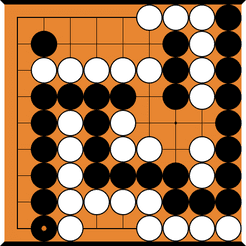
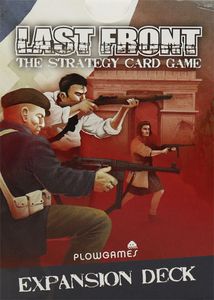
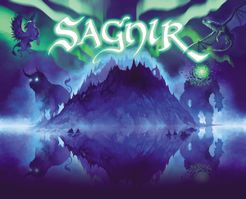
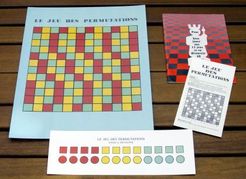
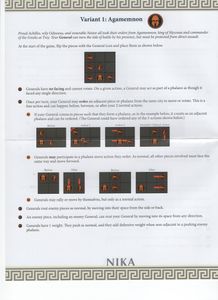
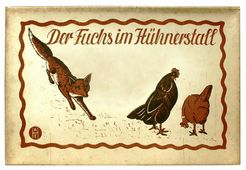
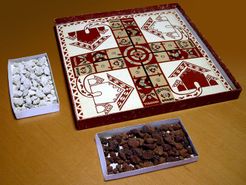
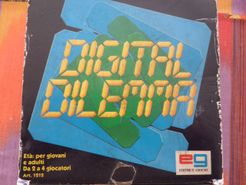
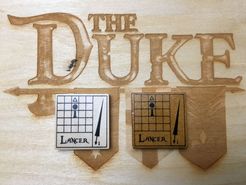
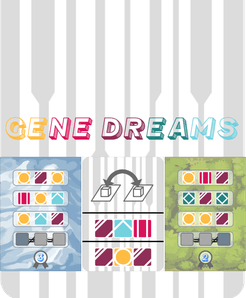
Comments (0)